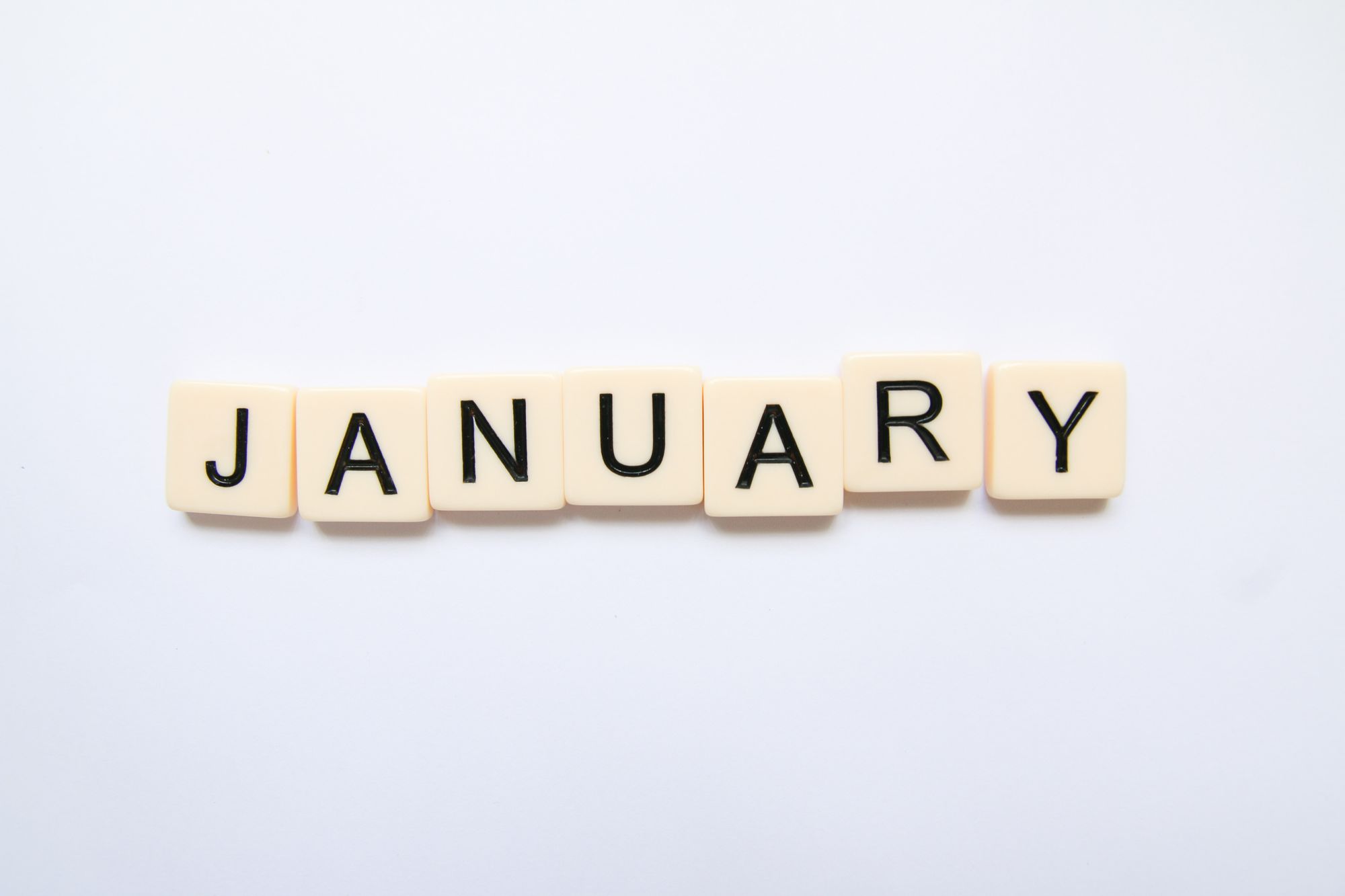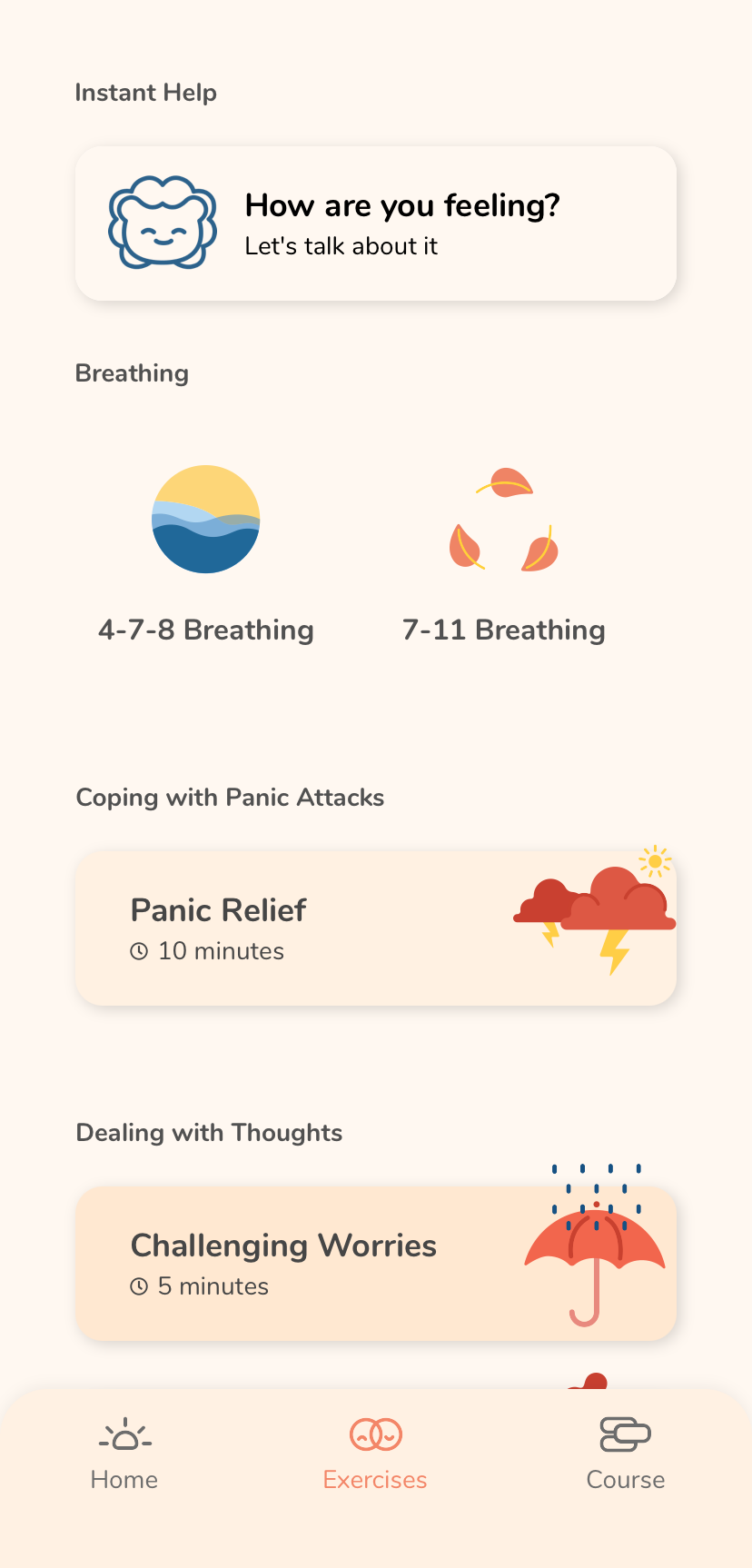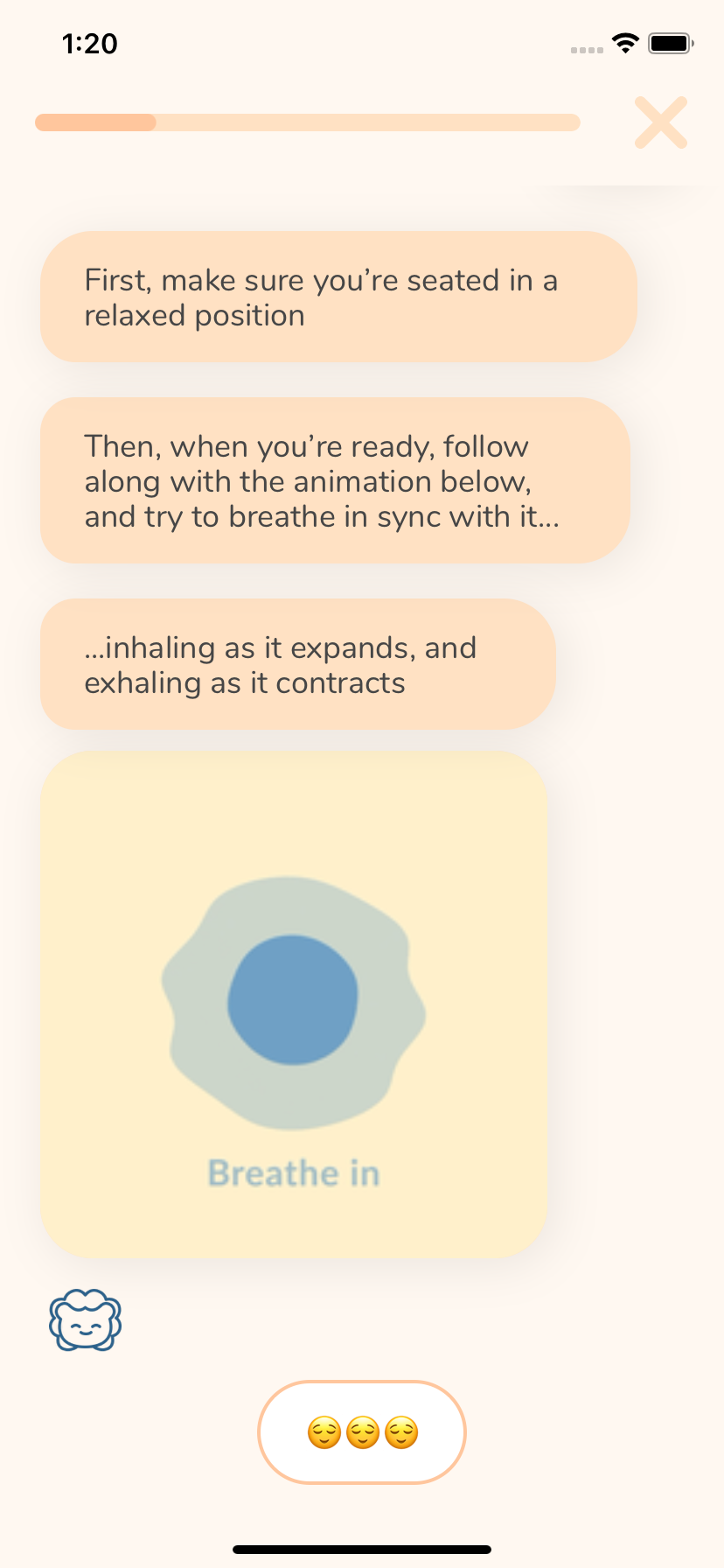Benefits Of Dry January For Your Mental Health And When You'll See Them
Dry January comes around every year, but what exactly are the benefits for your mental health and when can you expect to see them?

It's the New Year, which usually means one thing: resolutions.
Now, nobody should force themselves to make any resolutions that they don't want to and if they try to keep them and only do for a couple of days, that doesn't matter at all, no need to add any pressure to life.
If you have decided to set one, then there are many different resolutions you could have chosen; some people want to exercise more, some people want to read more books and others want to drink less alcohol.
One of the most common resolutions? Dry January.
If you decided to try Dry January this year, here's some benefits for your mental health and when you can expect to see them.
Benefits Of Dry January For Your Mental Health
1. Sleep
Getting a good night's sleep is one of the most important things in life. Everyone knows this, regardless of what the science says, we all know how it feels when we don't get a good night's sleep and how this impacts our ability to focus, to work and our general mood.

Well, drinking alcohol negatively impacts your sleep. Despite the fact that alcohol can make it easier to fall asleep, it also reduces the quality of sleep you get. The National Sleep Foundation reports that drinking moderate to high amounts of alcohol decreases restorative REM sleep. This means that the sleep you get is not as restful as it is when you don't drink alcohol.
Also, research by the University of Sussex found that 71% of people who took part in Dry January said they slept better and 67% said they had more energy.
2. Mood
A lot of people associate drinking alcohol with an improved mood. It's often combined with a social experience, so you get to enjoy your friends company at the same time as drinking alcohol.

However, the research shows mixed findings on alcohol's ability to provide psychological benefit, tension reduction and affect improvement. For example, research has shown that if you are suffering from depression, you are more likely to drink alcohol and that alcohol may become a coping strategy, leading to a negative impact on your overall well-being. Also, people suffering from mood disorders may use alcohol to self-medicate. In fact, research shows that drinking to alleviate mood is associated with the development of alcohol dependence.
3. Focus
There is a reason you are not allowed to drink and drive; alcohol impairs your reactions as your brain takes longer to receive messages from the eye, processing information is more difficult and instructions from the brain to your muscles are delayed.

Unsurprisingly, drinking alcohol impacts your ability to focus as it impairs your vision, memory and hearing. Dry January may help you to focus better, as the impairment resulting from drinking alcohol is reduced or removed.
Learn to manage anxiety in only 5 minutes per day
When To Expect The Benefits Of Dry January
Week 1
Within the first week you may already start to notice some small changes in your energy levels and concentration. You may find it difficult to fall to sleep compared to when you drink alcohol, but ultimately, your sleep quality will be improved and you will start to feel more refreshed the next day.
Week 2
The benefits begin to show themselves in a bigger way during the second week of Dry January. Energy levels will improve further and many people describe how they can think clearer than before. As a side note, it's also likely that your body is better hydrated.
Week 3
During the third week, you may notice improvements in your short-term memory. It's likely that you will retain information for longer and in general will be less forgetful, also benefiting from better focus.
Week 4
By this point, your memory, sleep, mood and focus will have improved. Not drinking alcohol for a full month will likely have changed your relationship with it.
A Final Note
The thing with resolutions is they are hard to keep going. January can be a stressful time of year with 'all systems go' vibe. If your old habit was to drink alcohol to cope, then it's going to be much harder to live without alcohol for the whole month. You may want to try journalling as a new coping strategy. In general, this is a great practice, you can create your very own private place where you record any stressful thoughts and feelings. This also offers the opportunity to reflect on previous occasions where you may have been in a similar situation, and read about what happened in the following hours and days. Journalling gives you more objectivity, accountability and some me time.
Other ideas include:
If you are looking for a way to manage your anxiety, then please check out Stresscoach :)



